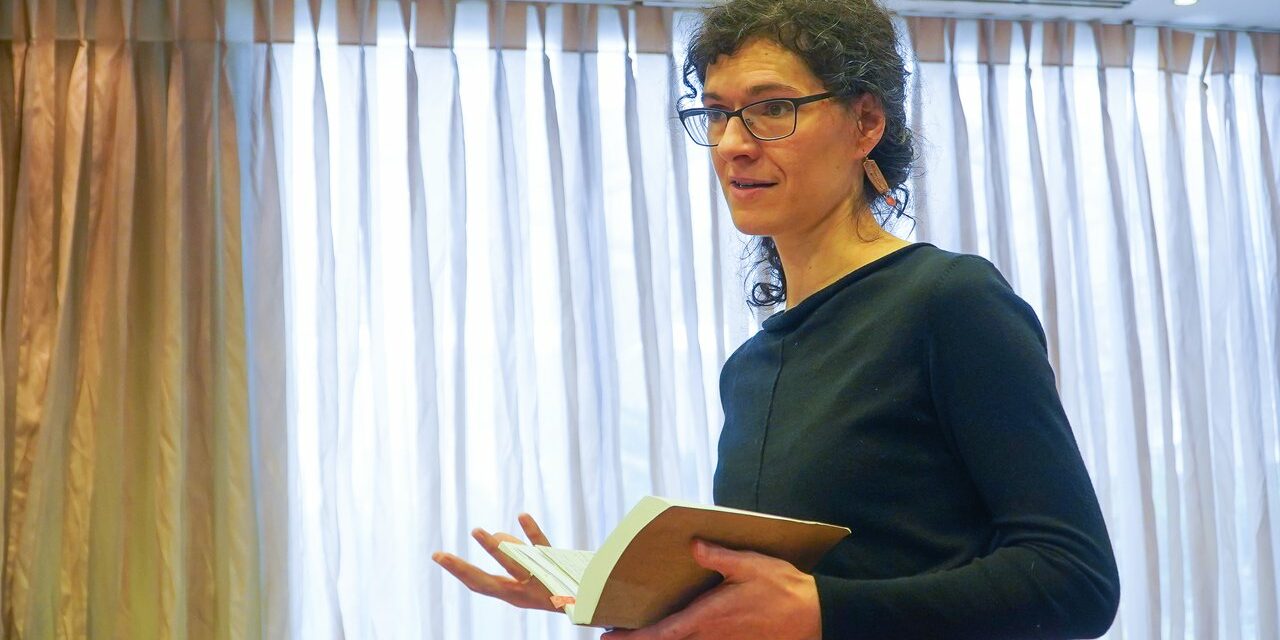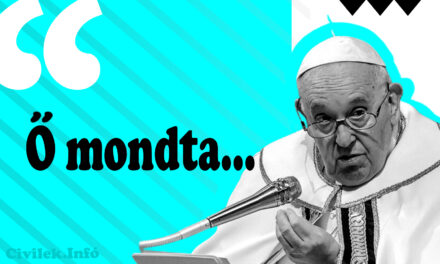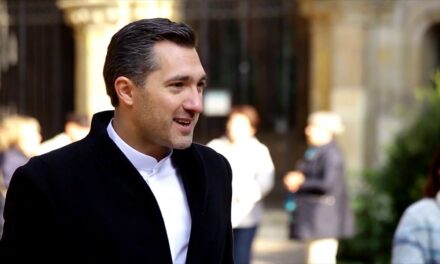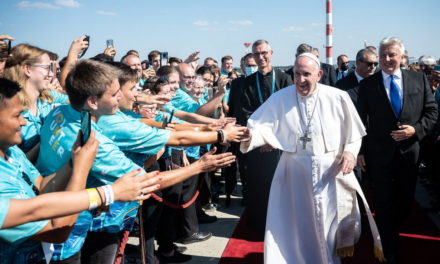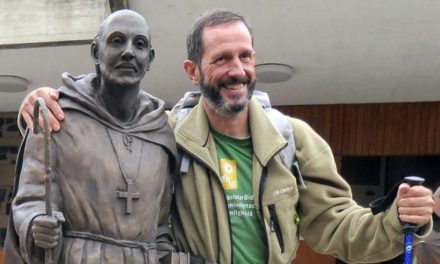I received this title at the March conference in Baranya called Christianity, creating opportunities, catching up with Gypsies. As a linguistics associate (Wycliffe Bible Translators Association), I deal with the translation of the Bible into the Beas language. - writes Nóra Komlósiné Sümegi in her article published on reformatus.hu.
He pointed out: when our organization was faced with the fact that the Bible does not exist in the language of the Gypsies living in Southern Hungary, Bekasul (which itself has several dialects), we started looking for a suitable native language translator(s). After learning the language and many dead ends, the work could finally begin, but we did not get beyond translating a few stories. For all of this, we also need to see that the language exchange process is taking place among the people of Bea, that is, the younger generations no longer speak or barely know the language still used by the older generation. The right to exist of the Beás Bible translation in Hungary has therefore been strongly questioned recently.
Language is much more than a mere means of communication (the so-called corpus mysticum, if you like, one of the imprints of man's divinity), therefore it can have great identity-retaining power, and the native-language Bible can carry the gift of dignity even for the generation that no longer speaks the language of its grandparents. A healthy person with a strong identity can generally be said to be neither afraid of themselves nor of others; that is, he can live a life that enriches others. But primarily never from above, with systemic interventions, but by strengthening the use of language in small micro-communities - at the level of families, friendships, and intimate relationships. That is, where we attribute the most important role to the Bible in the native language.
An Indian-rooted approach (Jayakumar Christian) providing a model for the transformational development of underprivileged communities provided further important clues to the need for a Bible in the Beas language, despite the known obstacles considered spiritual. Each individual's story can be included in the great human story, which is always the question of "who will save us?" revolves around this question, and only the great story of God, its heart, the story of Jesus, provides the answer. In this sense, even "catch-up" is not the most appropriate term, since we are not actually closing in on others, but rather we are looking for our own, God-given path, our best self that works with our unique gifts. According to its practical approach, this model recognizes that God is omnipresent and builds on the strengths already present in the life of the community as a starting point. But in order to change, it is essential to meet and place oneself in God's great story of salvation - which the Bible reveals to us! It can be an important pillar of recovery from a disadvantaged situation if this story speaks to me in a language connected to my own identity. And like sin, healing itself is primarily relational in nature - we can call it reconciliation. We long to see such healings, as this always glorifies God!
Source, full article: reformatus.hu
Nóra Komlósiné Sümegi is featured in our photo. Photo: Attila Dezső

